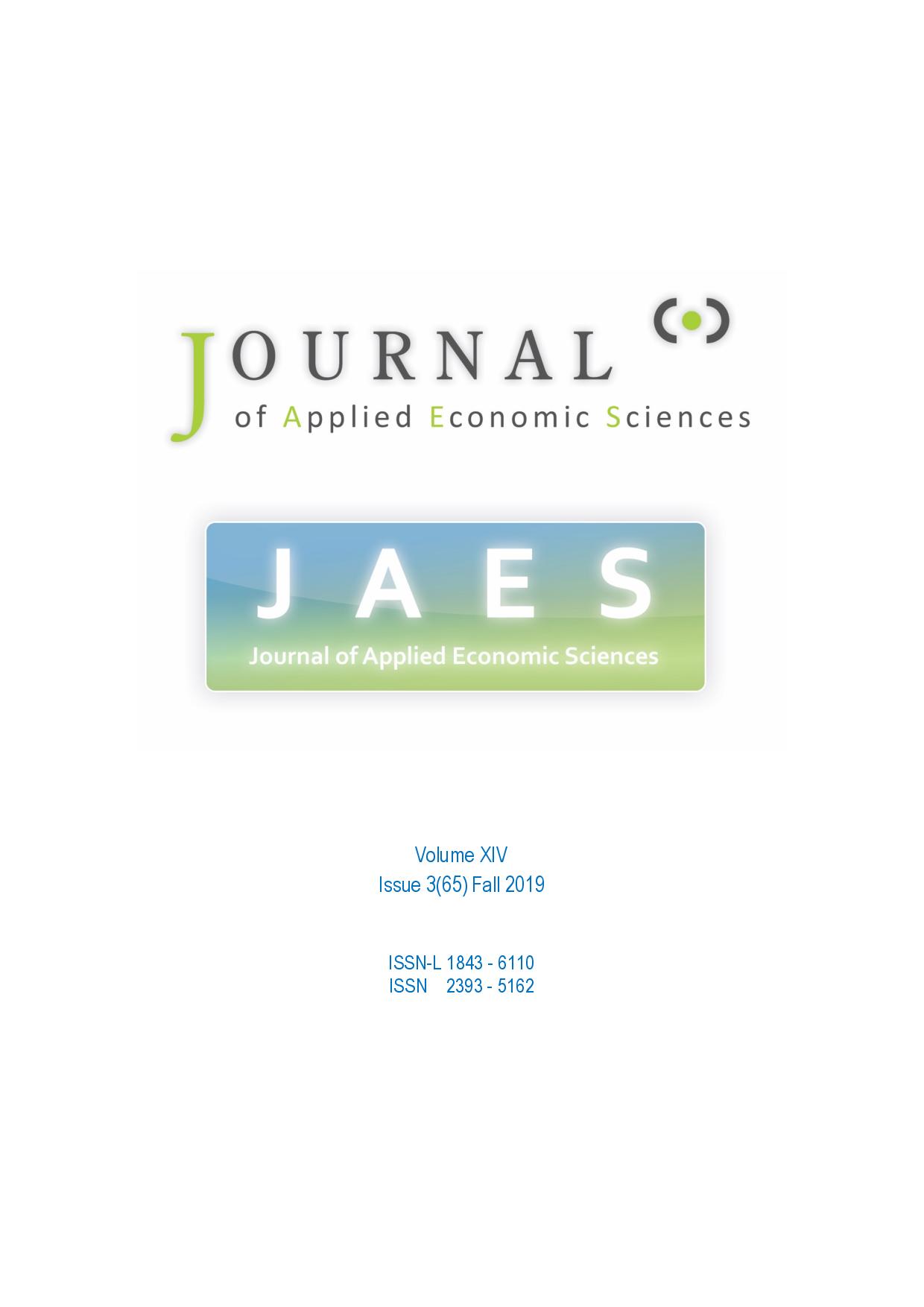Analysis of the Determinants of Non-Performing Loans in Thailand: Empirical Study of the SMEs Non-Performing Loans
Analysis of the Determinants of Non-Performing Loans in Thailand: Empirical Study of the SMEs Non-Performing Loans
Author(s): Saranya Raksong, Byungho Yu, Yaowanuch RaksongSubject(s): Economy, National Economy, Business Economy / Management
Published by: ASERS Publishing
Keywords: non-performing loan; SMEs; risk credit; commercial bank;
Summary/Abstract: Non-Performing Loans or NPLs is an essential banking performance indicator and it reflected credit risk and bank’s asset quality. An increasing in NPLs level leads to unstable of banking system. Therefore, several literatures examine the various aspects of NPLs.This paper aims to investigate the determinants of the NPLs in Thailand banking system, focusing on the NPLs from SMEs. The paper was conducted by using the secondary data in the period from 2008Q1 to 2018Q4. The results found that debt ratio (DEB), loan to deposit ratio (DEP), Gross Domestic Product (GDP), domestic interest rate (INT), inflation rate (INF) and unemployment rate (UNEMP) had significant impact on total non-performing loan (NPL_T), corporate non-performing loan (NPL_CO), and customers non-performing loan (NPL_CU). In addition, the research indicated that Gross Domestic Product (GDP) seems to be the most important factor that affects the total non-performing loan (NPL_T) and corporate non-performing loan (NPL_CO), while it is a second greatest factor influencing Customer non-performing loan (NPL_CU).
Journal: Journal of Applied Economic Sciences (JAES)
- Issue Year: XIV/2019
- Issue No: 65
- Page Range: 880-888
- Page Count: 9
- Language: English

